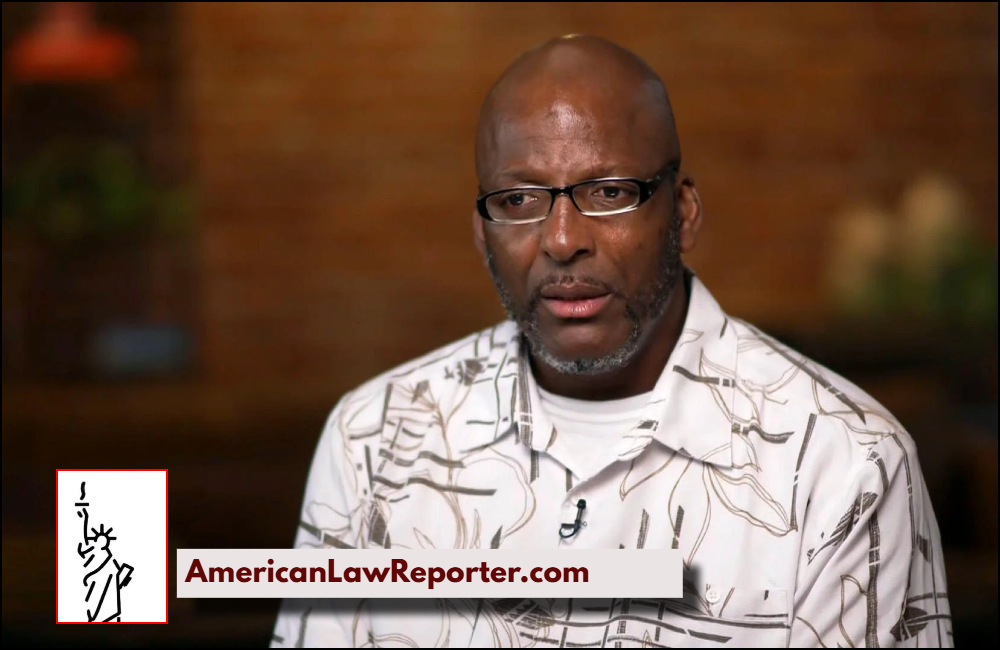Chris Dunn, a Missouri man who spent nearly 35 years behind bars for a murder he has always maintained he did not commit, was officially declared innocent by a judge and released from prison on July 30 of last year.
Dunn’s case has become emblematic of the failures within the U.S. criminal justice system and the devastating consequences of wrongful convictions.
“This is what wrongful conviction looks like: decades stolen,” said civil rights attorney Ben Crump, who praised the court’s ruling. “I’m grateful he can now stand in the light of justice.”
Dunn was convicted in 1990 at the age of 18 for the fatal shooting of Ricardo McClain in St. Louis. His conviction rested heavily on eyewitness testimony, which has since been discredited. A private investigator, hired by his defense team years later, tracked down a key witness, Michael Davis, who recanted his testimony and affirmed that Dunn had no involvement in the murder.
In a pivotal moment in 2020, a judge reviewing the case ruled that no reasonable jury would convict Dunn based on the current evidence. Despite that ruling, it would take another three years for his release.
Dunn’s emotional interview with CBS Live Prime reflected the years lost—and the quiet dignity with which he’s chosen to move forward.
“I used to say that I couldn’t recognize what justice or hope looked like,” he said. “I can now.”
When asked if he was bitter, Dunn responded, “I’m not mad, upset, angry, because all it would be is like a brick holding me down or an anchor holding me back.”
Dunn’s mother, present the day of his release, embraced her son in a moment the family had awaited for over three decades.
“She just put a little bit of her head down,” Dunn recounted, “so I walked my little butt on over there and grabbed my mom’s [hand]… to hear her sob in my arms.”
St. Louis prosecutors joined calls for his exoneration, further supporting Dunn’s claim of innocence.
“They said I was innocent. The Supreme Attorney for the City of St. Louis says that I’m innocent,” Dunn recalled. “Why can’t you free me?”
That question lingered for years—until justice finally caught up.
Dunn’s exoneration comes amid broader scrutiny of wrongful convictions in Missouri and across the United States. Legal experts and advocates have pointed to systemic flaws such as reliance on unreliable witnesses, prosecutorial misconduct, and insufficient access to post-conviction review.
Now free, Dunn’s case is expected to reignite discussions around compensation laws for the wrongfully imprisoned and the need for criminal justice reform in the state.
As Dunn begins to rebuild his life, his story stands as a reminder of the lives left waiting behind prison walls—and the urgent need to correct miscarriages of justice before decades are lost.
For legal professionals and lawmakers, Chris Dunn’s case is a sobering call to reexamine the systemic roadblocks that delay justice—even when innocence is clear.

